In a groundbreaking moment in the evolution of television and the documentary genre, the PBS series An American Family beamed into America’s living room for 12 weeks in 1973. What made the series, an unflinching chronicle of the Loud family, especially impactful locally was the fact that the true-life characters and actions took place in a Mission Canyon living room — and extended into places around the family’s Santa Barbara home base.
The series, created by maverick director Craig Gilbert, documented the everyday minutiae of this American family, but also infamously happened to document the breakup of parents Bill and Pat and the charismatic son Lance’s gay coming-out as drama enhancements.
Fast-forward 50 years and the series is now viewed as a cultural cornerstone and seedbed of the age of reality programming and social media de-privatization.
I had a particularly profound attraction to this family saga unfolding each week, in my own town. As an impressionable 15-year-old film nerd, the combination of very local color and a radical cultural experiment — on TV, no less — left a lasting imprint.
In the late ’90s, I was part of a band called the Loud Family — this before the more widely known Loud Family had reared its head in a national way. But hey, we — me, alongside locally grown musicians Anita Visser, Cara Tower, Tom Lackner, and my brother David — had the genuine 805 cred. But we digress. (For a look at the Loud Family band, click here, and for a listen, click here.)
Delving into the legacy, origins, and lasting influences of the series, the four living Loud siblings — Grant, Kevin, Michelle, and Delilah — have broken their long-held silence for a new and revealing podcast, The Loud Family — UnShattered: ‘An American Family.’ Last week, I checked in for an interview with former Santa Barbaran Grant, who has worked as an actor and producer in Hollywood, including a long stint working on Jeopardy! He launched the podcast with producers Tina Lee and Benjamin Davidson, fellow Jeopardy! workers.
Did you have a sense of something historic underway during the making of An American Family, and have you recognized that in retrospect — along with a dark side of the experience?
We didn’t have a sense of “the historic,” but we were very much pulled in by a sense of “the important.” Producer Craig Gilbert had a kind of rumpled Orson Welles–ian power about him that was quite hypnotic to a bunch of displaced Oregonites. Worldly, erudite, he had a dark humor and sad eyes, and he was so passionate about the project that it was easy to get swept up in it. Plus, my mom always made room at the table for strays. He was a natural.
Regarding the origins of this podcast, were there particular motivating factors that brought it into motion?
We’d been contacted a couple of times by WNET/PBS. Their proposals were vague and limited and they were clearly not interested in sharing some of the more difficult aspects of our history together. So, although we felt we had an interesting story to tell — and one that we wanted very much to share — podcasting was the only platform that would allow us direct and unfiltered access to the fans who have supported that show for so long. We felt they deserved to hear how the whole experience went down.
In my years at Jeopardy! as Director of Promotions, I worked very closely with the agency that handled our digital and social platforms. That’s where I met my co-producers Tina and Ben.
Tina Lee: When Grant first approached us with this project, I jumped at the chance to be part of it. The initial conceit of An American Family was a pretty far cry from what reality TV is today, and it makes you wonder if that evolution would have happened without some of the very specific aspects of the Loud family and what they were going through at that time.
Benjamin Davidson: Coming from the reality TV production world myself, I know how important it is to own your narrative. Helping Grant and his siblings be able to finally speak about their experience without interference or outside influence has been very rewarding. It was important to all of us to make sure they were able to say what they wanted to say.
Was it apparent that the podcast format would be best to deal with the subject and its various resonances?
Grant Loud: It was the only way. None of us are well-remembered enough to launch a book. And more importantly, it was critical to me that the audience hear our voices. Hear us engaged in conversation. Hear our love for each other and experience our sense of humor. The conversations are informal — maybe too much so — and wide-ranging because we wanted listeners to feel like they spent a fun afternoon with us. If we were ever going to have a chance to weigh in on the legacy of the series, podcasting was the only way to go.
We’re also just discovering some of the origins of the story ourselves, and that’s one of the aspects that made us think that these conversations would be of interest to listeners whether they’ve seen it or not. Taking a look back at the whole experience with a 50-year buffer allows for amazement and humor to take the place of shock and betrayal.

I remember many scenes from the PBS series, immortalizing your family and also the Santa Barbara context — including one of you as front man in a glam-rock-ish band at Santa Barbara High School. Do you look back at scenes such as that one as, in a sense, capturing a moment of your youth for the long haul of culture?
We were all just teenagers just trying to get through life. Honestly, I was an unhappy kid. I knew I was in trouble, but I didn’t feel I had anyone I could talk to. I wanted very much to be a musician/songwriter but felt I had to get out of the house before I could start my life. The band was my outlet, my humor, my rage. I haven’t rewatched the whole series again. I don’t like plugging back into that psyche. Coincidentally, I pretty much stopped playing rock the day I left home.
There was, of course, the HBO film Cinema Verite, with Diane Lane and Tim Robbins (and Nick Eversman as you and the late James Gandolfini as Craig Gilbert). What did you think of that project, in terms of its truth-to-life and as a compacted drama, not to mention the portrayal of yourself and your family?
Like most of these projects, they come to our attention fully formed without any input from us. I’ve never understood that. When we got our hands on an early script of Cinema Verite, we were very much alarmed. But we gradually interacted with the folks at HBO and had a warm and successful relationship. I’m pretty impressed with how much they got right, and I developed an immediate friendship with the actor who played me, Nick Eversman. He did much better with the role than I did.
Your parents reconciled and have passed on, and Lance died more than 20 years ago. Do you connect with your siblings and discuss the series often, or is it more of a “been there, done that” item from your collective past?
We see each other and talk all the time. We have a very close bond. But we don’t talk much about the series — which is lucky because it kept these reminiscences fresh. It’s been fascinating to me to hear the different vantage points. Every kid is born into a different family. We all have our own struggles and memories.
Circling back to the local angle…. I interviewed Lance (for Santa Barbara Magazine) shortly before his passing, and I remember he said, “Something about Santa Barbara just made you want to rock the fucking boat!” Has Santa Barbara been a part of your or other Loud siblings’ experience over the years, and do you have particular feelings toward the old hometown?
Hah! The boat that Lance didn’t want to rock never sailed! When we moved to Santa Barbara, it was a sleepy little town. A perfect place to grow up in, and there was a lot to explore. Most of those old mansions in Montecito were empty in the ’60s. I have a lot of nostalgia for the foothills, Rocky Nook Park, playing around some of the ancient structures that are still standing around the Mission. … My future was not in Santa Barbara, but it’s still very much in my heart.
I grew up in Santa Barbara and avidly watched every episode as a young teenager, and An American Family has always meant something dear and deep to me. I was also already a film nerd with an interest in Frederick Wiseman and foreign films — a connection to capital-C Culture, which An American Family somehow naturally slipped into.
As a film nerd who interviewed Lance, do you remember the Riviera Theater? It can’t still be there, can it? It was the city’s art house cinema.
Yes, the Riviera Theatre is stronger than ever. It was bought by the Santa Barbara International Film Festival a few years ago and turned into this amazing state-of-the-art theater.
Lance — at 16 — used to drag me — at 13 — to see movies like Simon of the Desert and Nights of Cabiria and Hiroshima, Mon Amour. I didn’t understand any of what was going on, but I loved sneaking out of the house with him and it taught me that great movies aren’t necessarily over at “Fin.”
But to your question…. There was a lot about the experience and that time in our lives that was painful. But apart from the media reception and the discord, it also fulfilled producer Craig Gilbert’s vision and was embraced by most of the audience in exactly the way we all hoped. We’re proud of our reasons for participating and we’re grateful to that portion of the audience for whom it resonated so deeply.
Anything else you’d like to add?
There is a lot of conversation these days about privacy, but I think it’s still a little negligible to most people. We’ve gotten to a place where we don’t even know how much is taken from us whenever we open a window or download an app. It’s another reason I think our story is relevant today.
Find the podcast The Loud Family — UnShattered: ‘An American Family’ at amzn.to/3QH3pnEor wherever your podcasts live.
Premier Events
Wed, Dec 31
9:00 PM
Santa barbara
NEW YEAR’S Wildcat Lounge
Wed, Dec 31
6:15 PM
Santa Barbara
NYE 2026 with SB Comedy Hideaway!
Wed, Dec 31
9:00 PM
Santa barbara
NEW YEAR’S Wildcat Lounge
Wed, Dec 31
10:00 PM
Santa Barbara
In Session Between Us: Vol. I NYE x Alcazar
Wed, Dec 31
10:00 PM
Santa Barbara
NYE: Disco Cowgirls & Midnight Cowboys
Thu, Jan 01
7:00 AM
Solvang
Solvang Julefest
Thu, Jan 01
11:00 AM
Santa Barbara
Santa Barbara Polar Dip 2026
Sat, Jan 03
8:00 PM
Santa Barbara
No Simple Highway- SOhO!
Sun, Jan 04
7:00 AM
Solvang
Solvang Julefest
Thu, Jan 08
6:00 PM
Isla Vista
Legal Literacy for the Community
Fri, Jan 09
6:00 PM
Montecito
Raising Our Light – 1/9 Debris Flow Remembrance
Wed, Dec 31 9:00 PM
Santa barbara
NEW YEAR’S Wildcat Lounge
Wed, Dec 31 6:15 PM
Santa Barbara
NYE 2026 with SB Comedy Hideaway!
Wed, Dec 31 9:00 PM
Santa barbara
NEW YEAR’S Wildcat Lounge
Wed, Dec 31 10:00 PM
Santa Barbara
In Session Between Us: Vol. I NYE x Alcazar
Wed, Dec 31 10:00 PM
Santa Barbara
NYE: Disco Cowgirls & Midnight Cowboys
Thu, Jan 01 7:00 AM
Solvang
Solvang Julefest
Thu, Jan 01 11:00 AM
Santa Barbara
Santa Barbara Polar Dip 2026
Sat, Jan 03 8:00 PM
Santa Barbara
No Simple Highway- SOhO!
Sun, Jan 04 7:00 AM
Solvang
Solvang Julefest
Thu, Jan 08 6:00 PM
Isla Vista
Legal Literacy for the Community
Fri, Jan 09 6:00 PM
Montecito

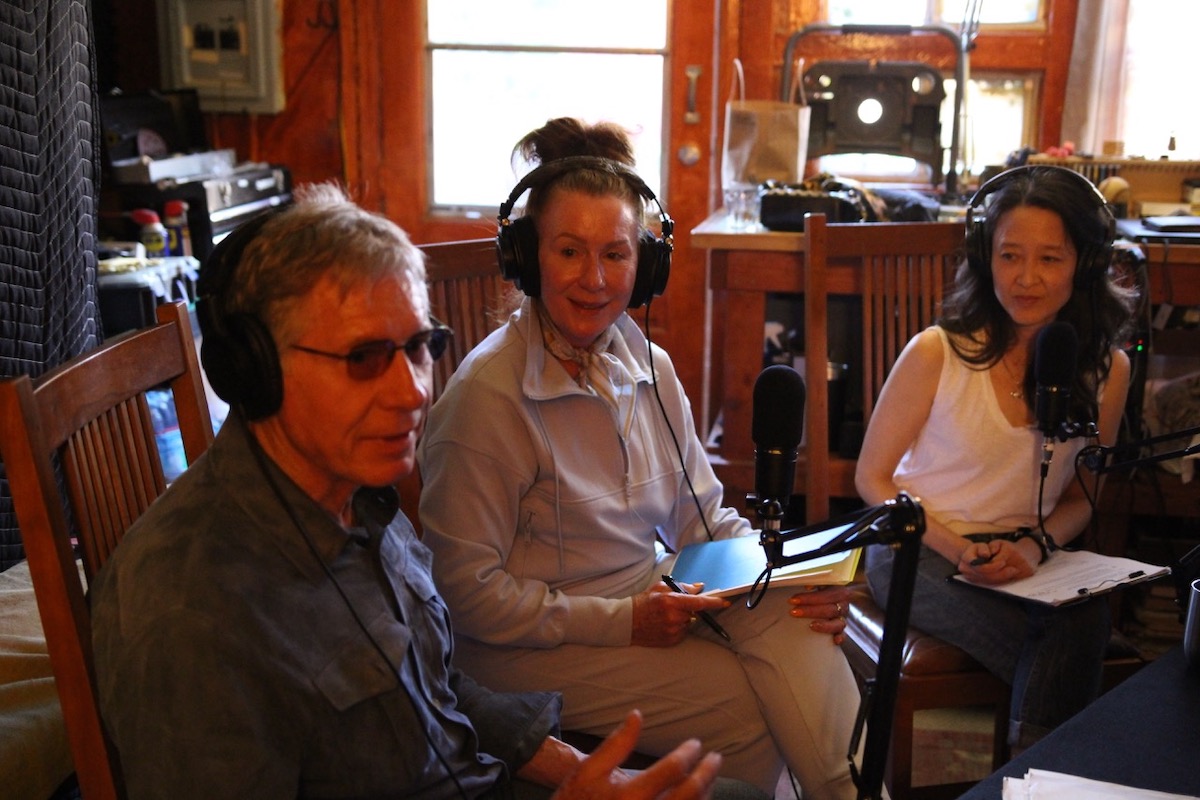



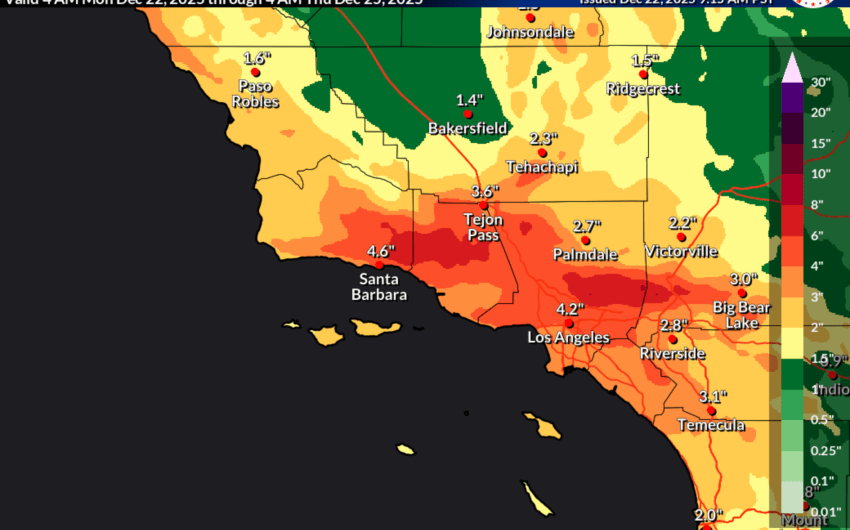
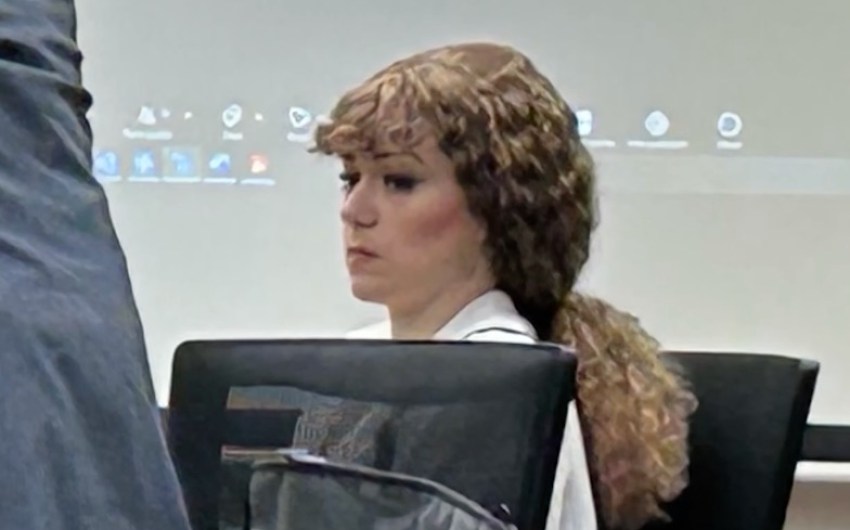
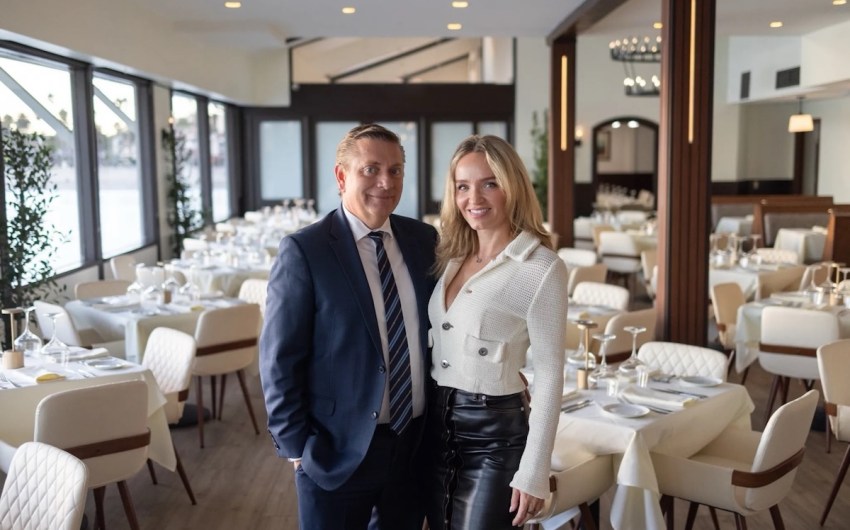
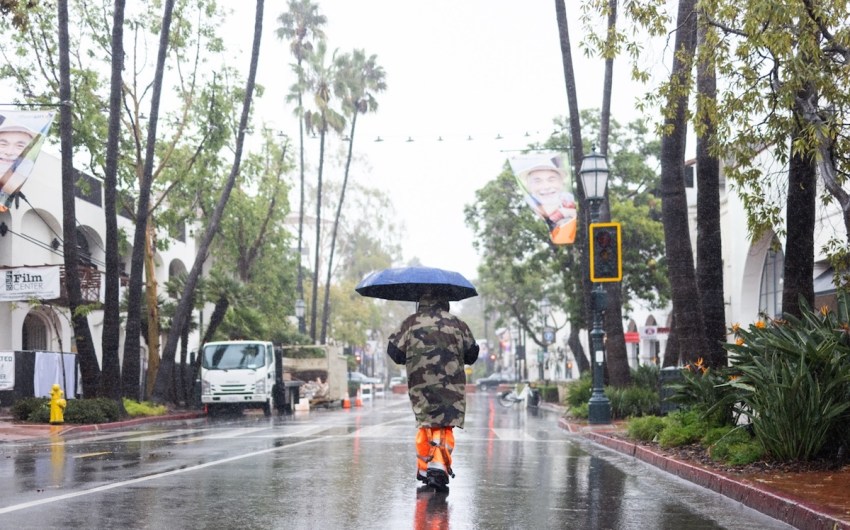

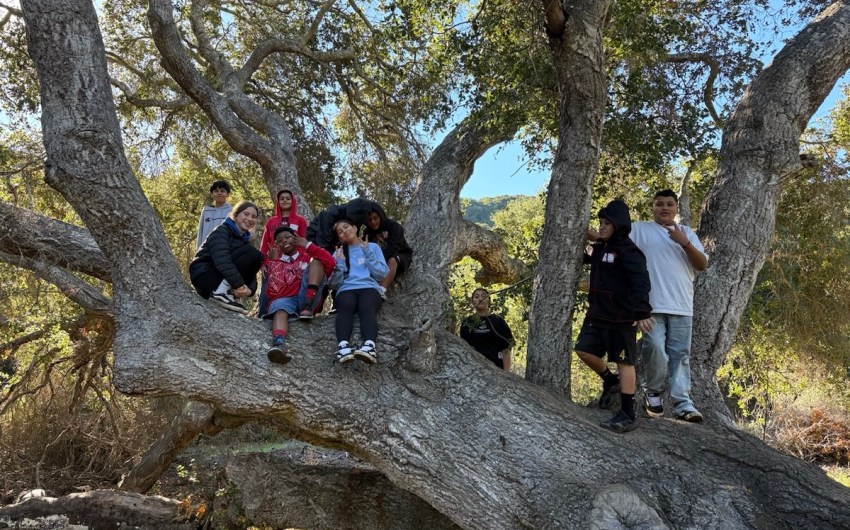

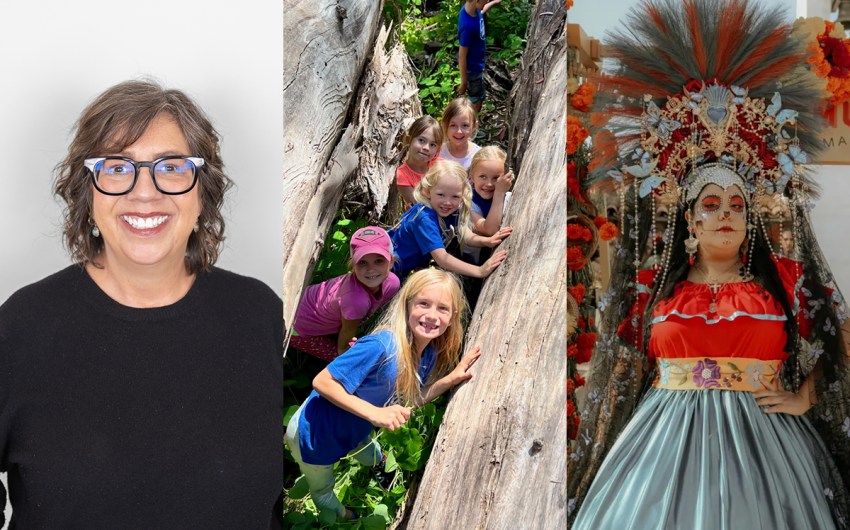
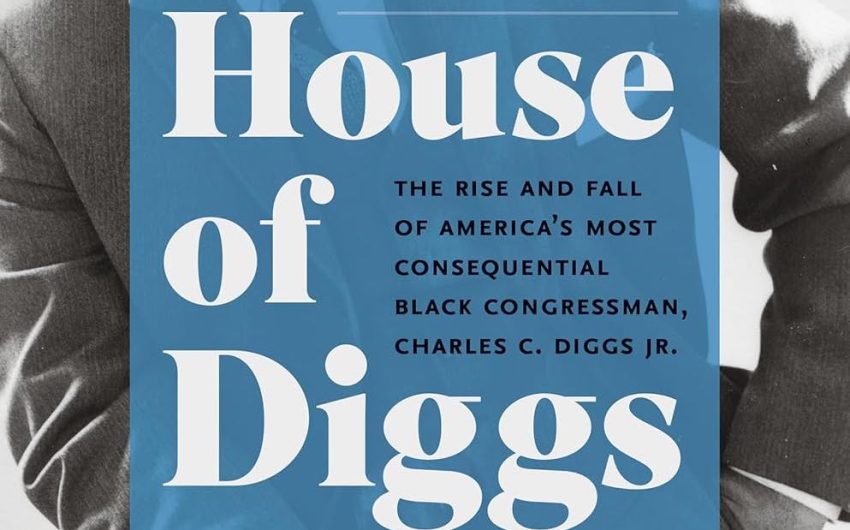

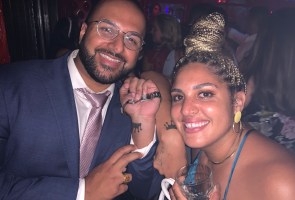
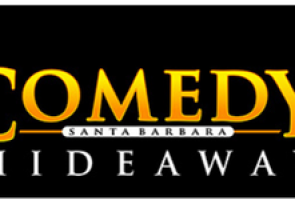
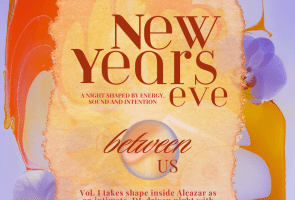
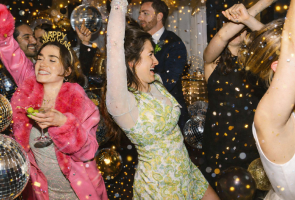
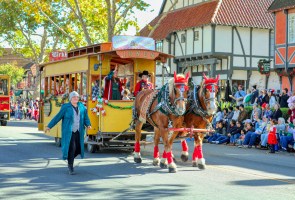
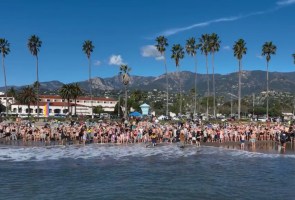
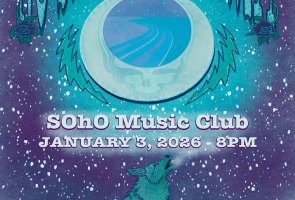
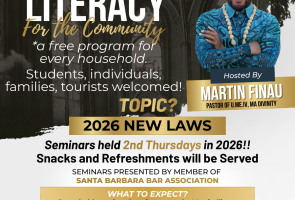

You must be logged in to post a comment.